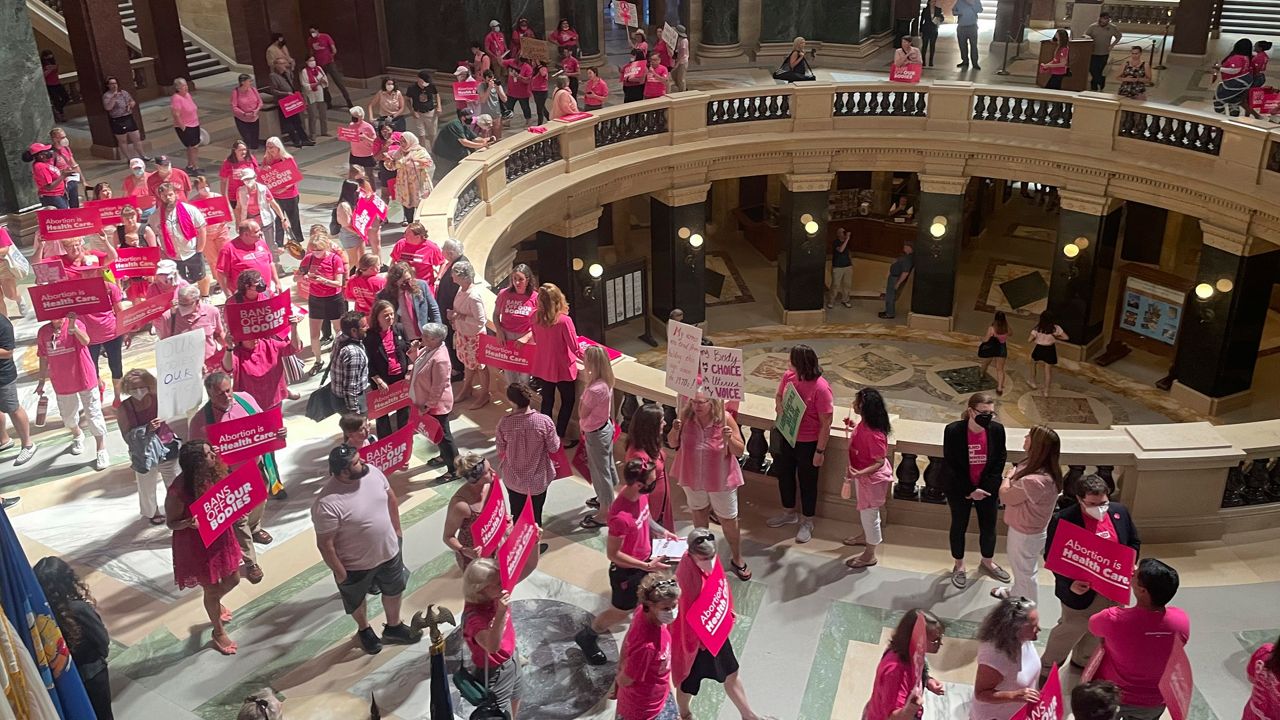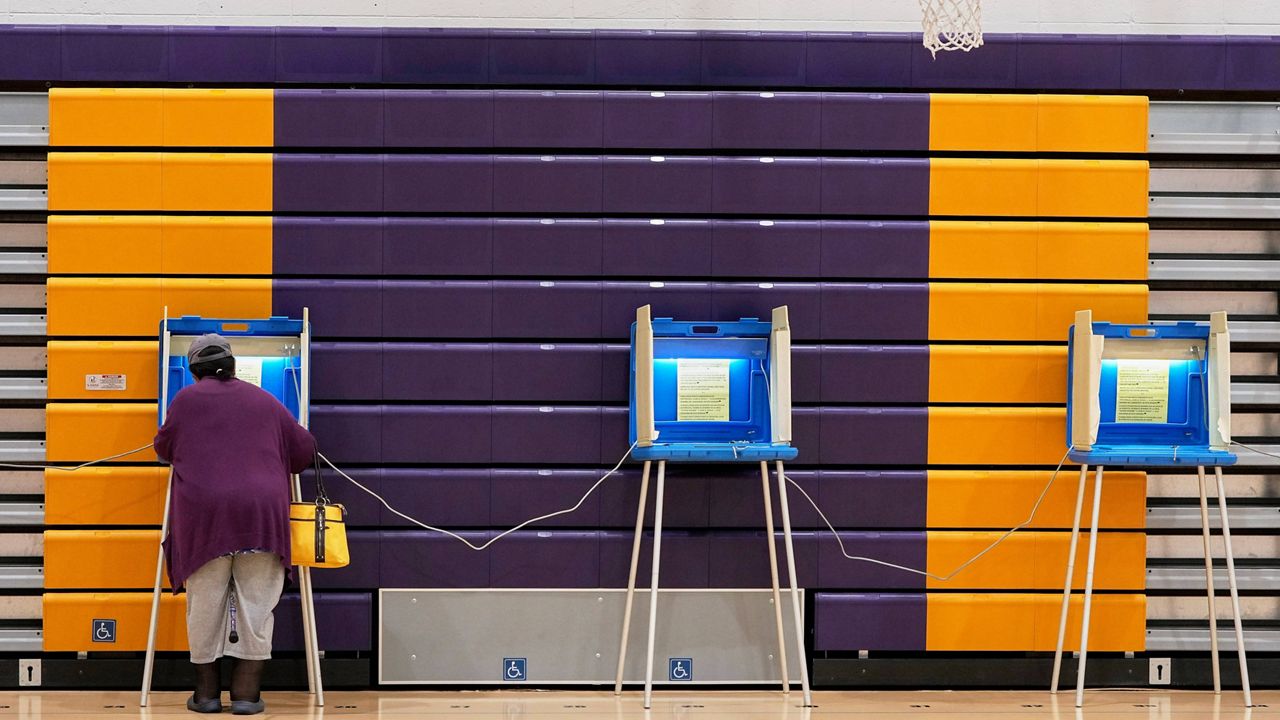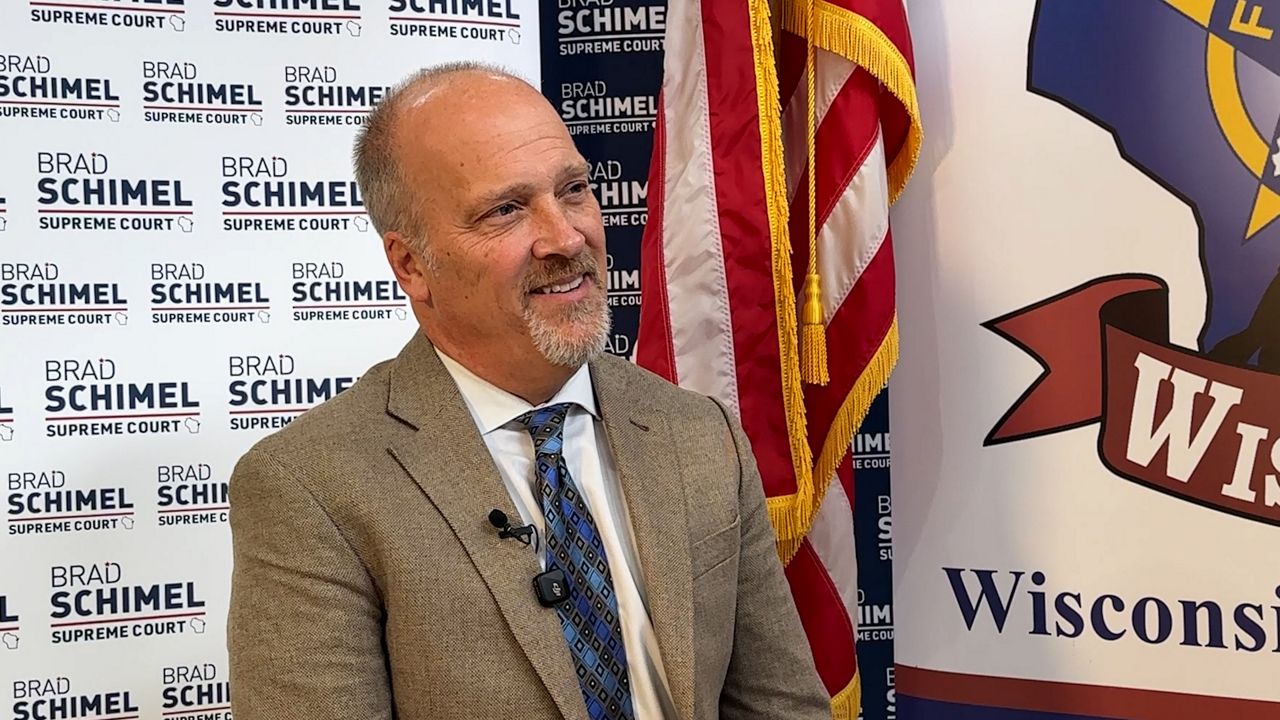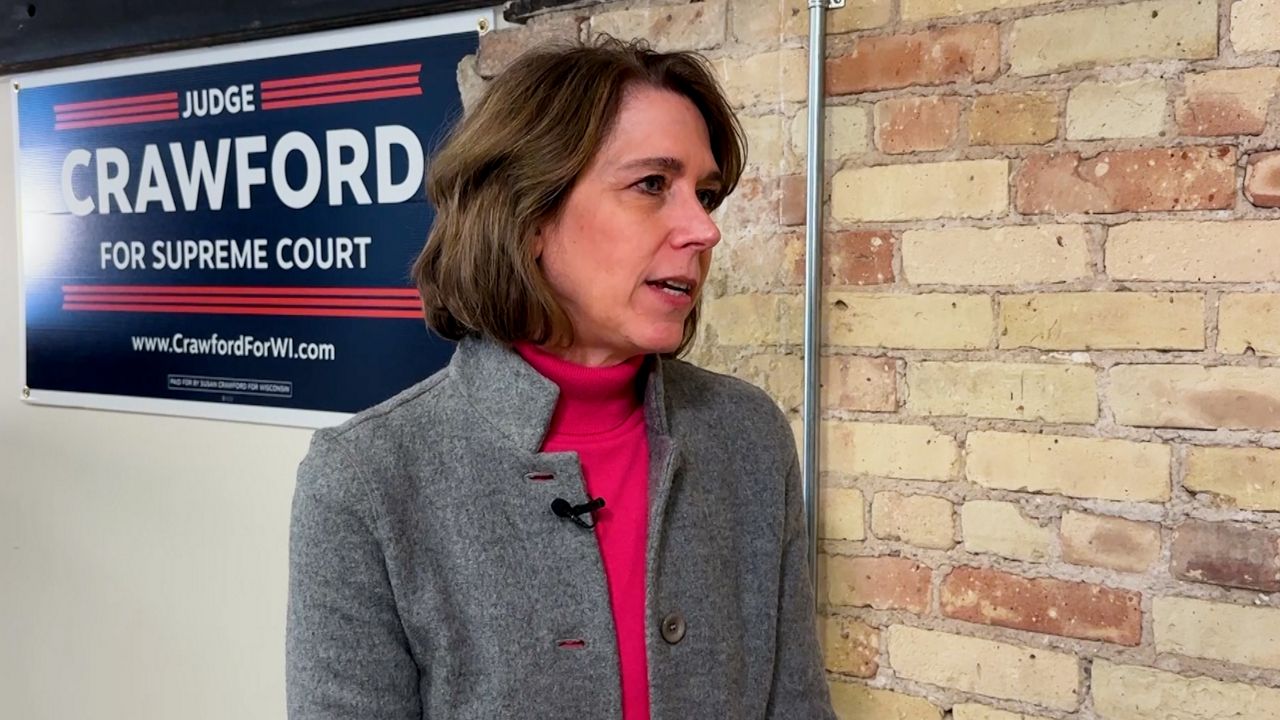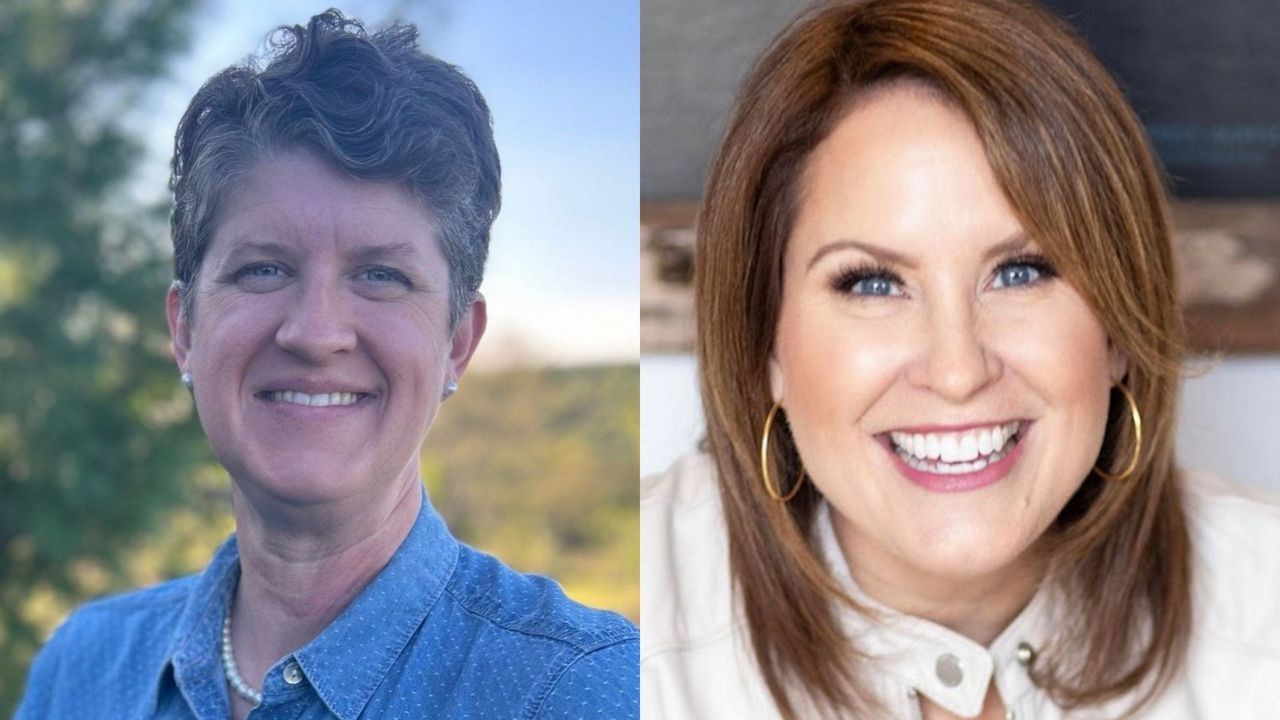MADISON, Wis. — Wisconsin Attorney General Josh Kaul filed a motion and brief on Monday asking the Dane County Circuit Court for a final ruling on a state law that’s been on the books since 1849.
Wisconsin lawmakers enacted statutes in 1849 that have until now been widely interpreted as outlawing abortion in all cases except to save the mother’s life. The U.S. Supreme Court’s landmark 1973 Roe v. Wade ruling legalizing abortion nullified the ban, but legislators never repealed it. Then, the high court’s decision in June 2022 to overturn Roe v. Wade reactivated the statutes.
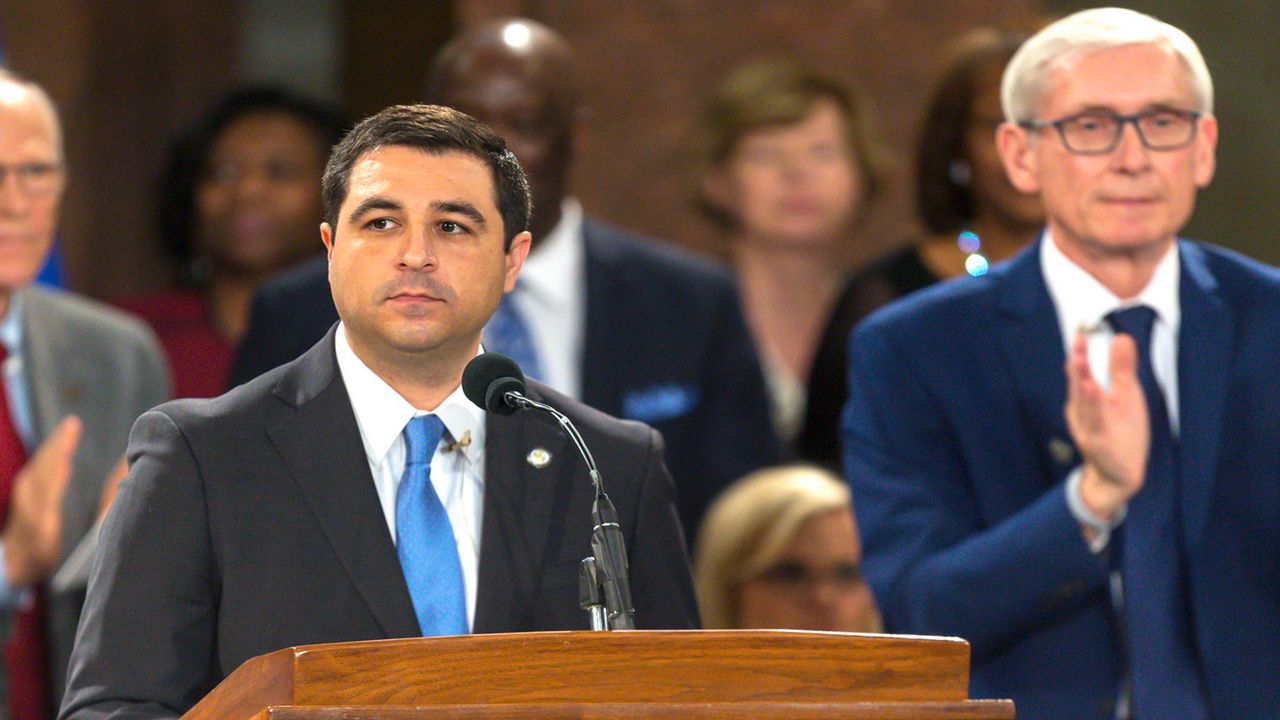
Kaul filed a lawsuit to repeal the ban shortly after Roe v. Wade was overturned.
“Women should not be denied the freedom to make fundamental reproductive health-care decisions,” said Kaul. “Our filing today marks another important step in our fight to protect the freedom and safety of women in Wisconsin.”
Kaul argued that the ban is too old to enforce and that a 1985 law that permits abortions before a fetus can survive outside the womb supersedes the earlier law. Three doctors later joined the lawsuit as plaintiffs, saying they fear being prosecuted for performing abortions.
Sheboygan County’s Republican district attorney, Joel Urmanski, filed a motion seeking to dismiss the case in December.
In July, Dane County Circuit Judge Diane Schlipper denied his dismissal motion. Schlipper said the statutes outlaw feticide but don’t apply to consensual, medical abortions. Schlipper said the legal language in the ban doesn’t use the term “abortion,” so the law only prohibits attacking a woman in an attempt to kill her unborn child.
“There is no such thing as an '1849 Abortion Ban' in Wisconsin,” the judge wrote.
This ruling allowed the lawsuit challenging the 1849 law to continue.
On Monday, Kaul cited this ruling and said that the 1849 law “does not criminalize abortion.”
Kaul acknowledged the decision was up to the court but asked the judge to make a decision without additional oral arguments.
“A decision by the judge in the State Plaintiffs’ favor would be the circuit court’s final and binding decision, subject to any appeal to a higher court,” Kaul said in a statement.
Read the motion and briefing here.
Aly Prouty - Digital Media Producer
Aly Prouty is a digital producer for Spectrum News 1 Wisconsin, Ohio and Kentucky. An award-winning, multimedia journalist, she holds an honors B.A. in journalism from Marquette University and an M.A. in journalism and media studies from The University of Alabama.





